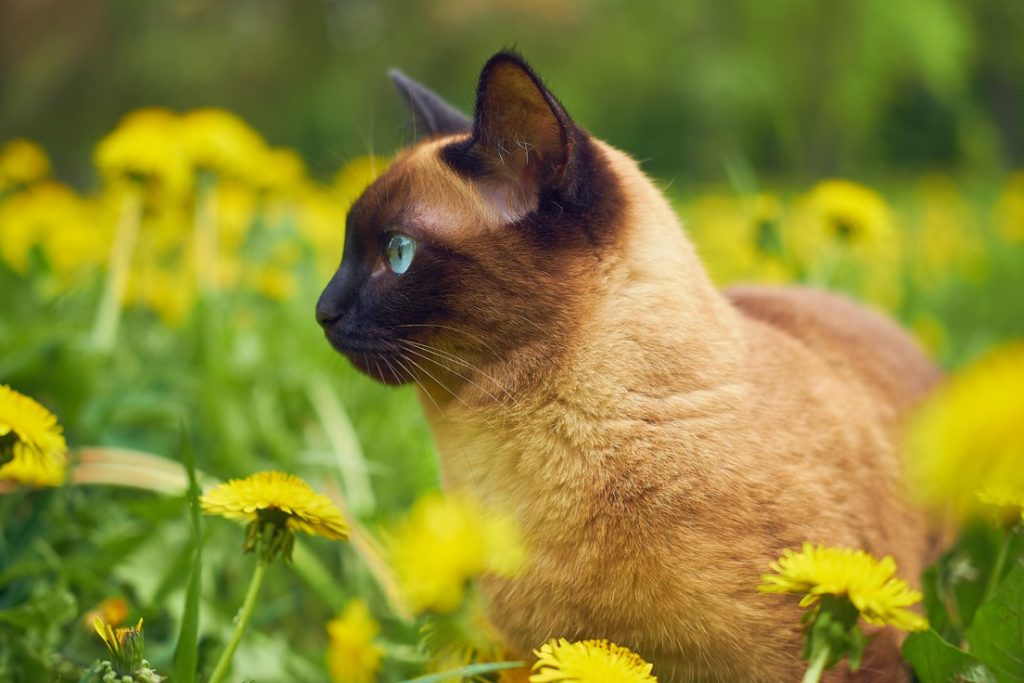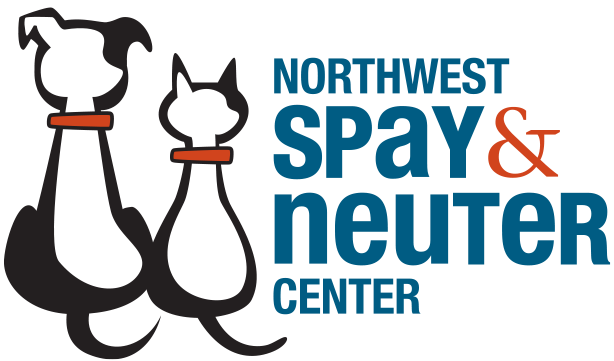April Showers are Bringing May Flowers

With increased time at home, perhaps you’ve had the chance to plant that garden that has been on the home improvement list for some time now. If you have pets at home, it’s important to know that while beautiful, not all plants are safe for all pets.
The weather has turned sunny and warm, and spring is in the air. While the flowers and plants in your yard have probably started blooming, many varieties can be poisonous to your cat. Cats are attracted to them; they seem to like the feel of certain plants, especially those that are grass-like in appearance.
If ingested, some plants and flowers may cause minor symptoms such as mouth irritation and excessive drooling, as well as general gastrointestinal upset, including vomiting and diarrhea, an upset stomach, abdominal pain and nausea. Others can cause a more serious outcome, including death.
Daffodils can cause severe vomiting, diarrhea, abdominal pain and possibly respiratory distress in dogs and cats. Tulips and Hyacinths are flowers that grow from bulbs and the bulbs contain a substance that is toxic to dogs. Dogs that like to dig should be kept away from these plants as biting into a bulb can cause excessive drooling, vomiting and even diarrhea. Lilies, common especially around Eastertime, and some of the first to bloom in gardens in the summer, are particularly fatal to cats. Easter lilies, Asiatic lilies and others in the Lilium group are the hazardous culprits. These are so toxic to cats that severe kidney failure can develop quite quickly if a cat bites into a lily leaf or petal, licks lily pollen from its paws, or drinks water from a vase holding lilies. This kidney failure can come on quickly and requires immediate veterinary attention. Calla lilies and Peace lilies are not of the Lilium family and do not cause harm to animals. A type of Crocus which blossoms later in the season called the Autumn Crocus can be very harmful and even fatal to our pets.
Pesticides and insecticides are other products of which we should be aware. While they usually cause only mild irritation if ingested by our dogs or cats, the concentrated forms can be quite harmful. Fertilizers like bone or blood meal help our outdoor plants grow but it’s important to remember that dogs enjoy the scent and taste of these products and ingestion can cause vomiting, diarrhea and gastric obstruction. Some fertilizers can be very toxic. One example is a rose fertilizer that contains a chemical called disulfoton. An amount as small as a teaspoon of this can be fatal to a medium-sized dog. Generally, lawn fertilizers are reasonably safe when applied correctly according to instructions. A good practice is to keep pets off the lawn until any liquid fertilizer is dry or until a dry fertilizer has worked into the soil.
If you ever fear that your pet has ingested something he shouldn’t, please consult your veterinarian immediately.
